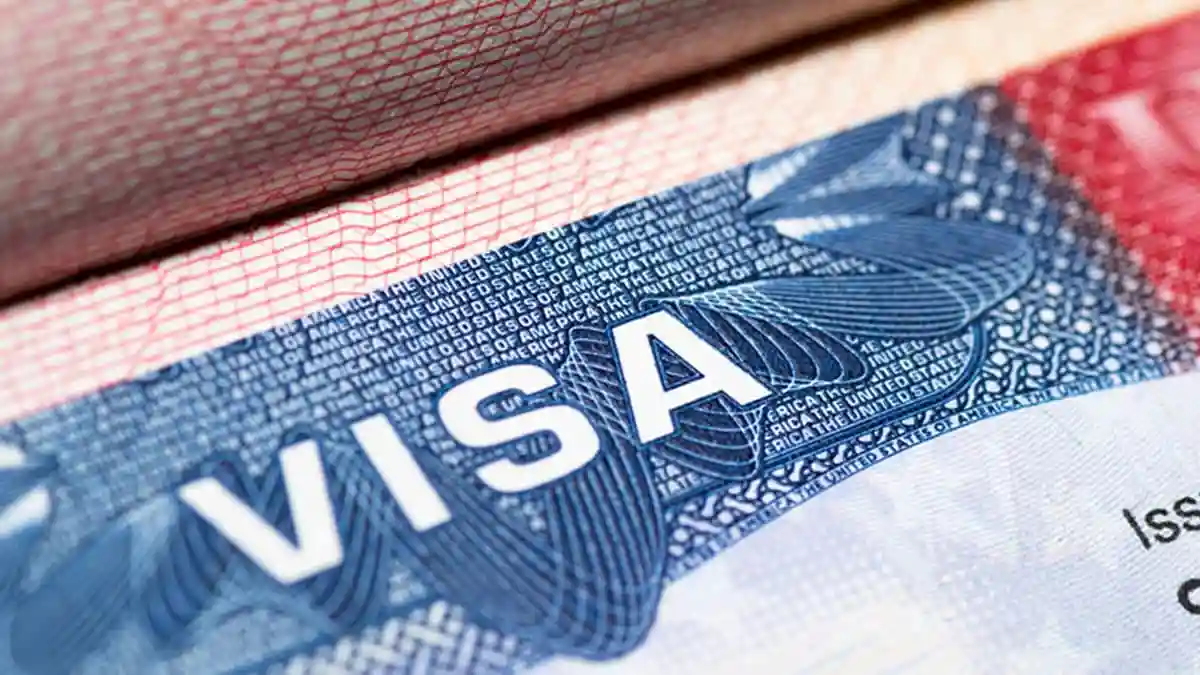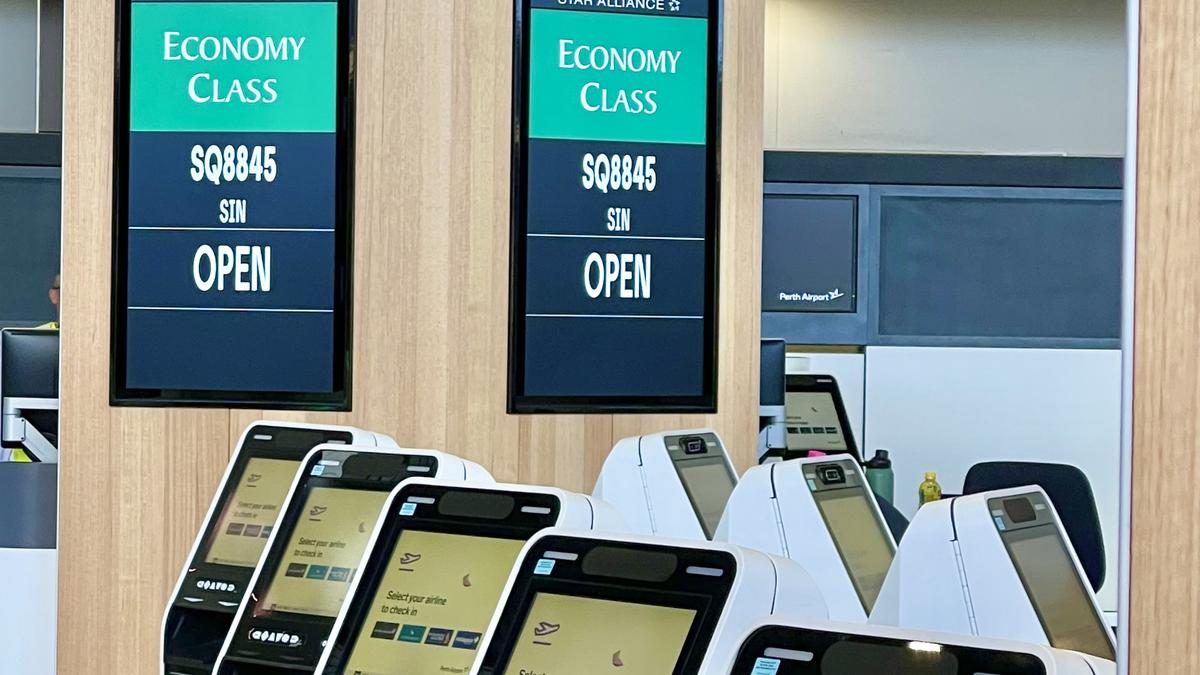H-1B Visa Lottery To Be Replaced by Wage-Based Selection? Higher Salary Mandate and OPT Elimination Proposed in American Tech Workforce Act, What It Means for Indian Workers
By Gaurav Krishna
Copyright latestly

New York, September 19: The debate over H-1B visas in the United States has intensified with the introduction of new legislation that could reshape the landscape for foreign workers in America. Senator Jim Banks has introduced the American Tech Workforce Act, a bill designed to prioritise American workers by increasing H-1B visa wages, eliminating the Optional Practical Training (OPT) program, and replacing the current lottery system with a merit-based system focused on the highest bidder. Under the proposed reforms, H-1B visa holders would see significant changes in their employment conditions. The bill mandates that employers must pay the greater of the annual wage paid to a US worker performing similar work in the past two years or USD 110,000, adjusted annually for inflation. Currently, H-1B holders are paid based on either the employer’s actual wage for similarly qualified US workers or the local prevailing wage. The legislation also proposes to remove certain protections that ensure H-1B workers’ conditions do not adversely affect those of similarly employed US workers. H-1B Visa Under Trump 2.0: Will Donald Trump’s Return Impact Indian Techies Working in US With H-1B Visas? Know Where US President, Elon Musk and His Other Supporters Stand on Issue of Hiring Foreign Talent. What Is the American Tech Workforce Act? The American Tech Workforce Act is a comprehensive measure aimed at overhauling the H-1B visa program and curbing what Senator Banks perceives as exploitation of the system by corporations. The bill seeks to end the OPT program, which allows F-1 student visa holders temporary employment authorisation before or after completing their studies. OPT currently supports around half a million foreign workers annually, many of whom transition to H-1B visas. H-1B Visas Cancelled for Staying in India? US Reportedly Revokes H-1B Visa of 3 Indian Workers Over Extended Stay in India. A key feature of the bill is the replacement of the H-1B lottery with a system that grants visas to applicants offering the highest wages. Additionally, the legislation imposes limits on assigning H-1B holders to third-party work sites, restricting the visa validity to one year if any part of the assignment occurs at such sites. These reforms are expected to primarily impact IT firms and outsourcing companies that rely heavily on lower-cost foreign labor. Prioritising American Workers Senator Banks argues that the H-1B visa system has been manipulated by corporations to import cheap labor, putting American workers at a disadvantage. He highlighted Microsoft as an example, noting the company laid off 9,000 US employees in July, after earlier job cuts of 6,000 in 2025, while simultaneously applying for over 5,000 H-1B visas. According to Banks, this trend depresses wages and limits employment opportunities for US workers in key sectors, particularly in technology. Impact on Indian Workers The majority of H-1B visas are awarded to individuals from India, especially in computer-related fields. Median salaries for software developers on H-1B visas hover around USD 116,000. The proposed reforms could make it harder for Indian professionals to secure H-1B visas, as the minimum wage threshold increases to USD 150,000 and the lottery is replaced with a bidding system. Many Indian workers rely on H-1B and OPT programs as pathways to US green cards, and these changes could limit opportunities for long-term employment, disrupt existing work arrangements, and affect the lucrative outsourcing ecosystem that Indian-run firms operate in across the US. Implications for the Tech Industry Critics argue that these changes may disrupt the talent pipeline for US companies and slow innovation in technology sectors that rely on skilled foreign workers. Supporters maintain that the reforms are necessary to ensure American workers are not sidelined while corporations exploit immigration loopholes to reduce labor costs. The bill’s ultimate fate will have wide-ranging consequences for multinational IT firms, Indian professionals, and the broader US tech landscape.



